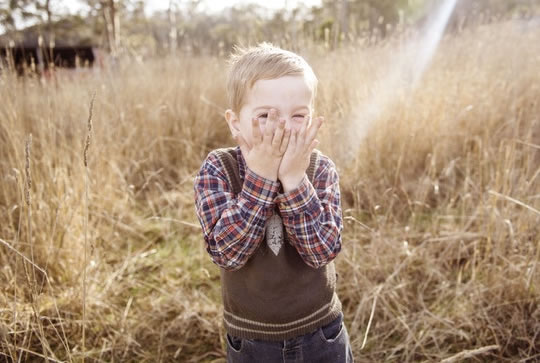The reason we forget so many early childhood experiences.
Most people cannot remember much before they were seven-years-old.
The phenomenon — known as ‘childhood amnesia’ — starts to kick in at age 7, causing memories before this time to blur and fade into nothingness.
However, many people do have very faint memories going back as far as age 3.
Professor Patricia Bauer, the study’s first author, said:
“Our study is the first empirical demonstration of the onset of childhood amnesia.
We actually recorded the memories of children, and then we followed them into the future to track when they forgot these memories.”
The study involved asking children who were just 3-years-old about recent events they had experienced, including going to the zoo and a birthday party.
The children were followed up many years later to see if they remembered the event.
At the time of recall they were between the ages of five and nine.
The results showed that between 5- and 7-years old, the children could remember 72% of the events.
However, by the time they had reached 8- or 9-years-old they could only remember 35% of the events.
Professor Bauer said:
“One surprising finding was that, although the five-and-six year-old children remembered a higher percentage of the events, their narratives of these events were less complete.
The older children remembered fewer events, but the ones they remembered had more detail.”
The process of recall at an early age, plus improved language skills may help to embed certain memories.
The reason children forget memories more easily than adults is because they lack strong neural processes that lock them in place.
Professor Bauer likens memories to orzo (tiny pieces of pasta) as they pass through the holes of a colander.
Children have larger holes in their mental colanders, so they catch fewer memories:
“Memories are like orzo, little bits and pieces of neural encoding.
As the water rushes out, so do many of the grains of orzo.
Adults, however, use a fine net instead of a colander for a screen.”
The study was published in the journal Memory (Bauer & Larkina, 2013).

